“Never in the field of human conflict was so much owed by so many to so few.” These immortal words, spoken by Winston Churchill, capture the essence of a man whose leadership and oratory prowess left an indelible mark on history.
Born into the aristocratic Spencer-Churchill family in 1874, young Winston’s path to greatness was not without its challenges. He initially struggled with learning and speaking, possibly due to a speech impediment that he worked hard to overcome later in life. His early schooling was at St. George’s School, Ascot, where he was unhappy and performed poorly. He then attended Harrow School, where he continued to struggle academically in many subjects, particularly in mathematics.
Even his entrance into the Royal Military Academy Sandhurst wasn’t smooth. He failed the entrance exam twice before finally being admitted. However, once there, he found his footing and graduated 20th in a class of 130, which was a significant achievement given his previous academic record.
After his military career, Churchill transitioned into politics, becoming a Member of Parliament (MP) in 1900 as a Conservative. He later switched to the Liberal Party in 1904 over differences regarding free trade. He held several significant government positions before World War I, such as President of the Board of Trade, Home Secretary, and First Lord of the Admiralty, where he helped modernize the British Navy.
During World War I, Churchill continued his role as First Lord of the Admiralty but faced criticism for the disastrous Gallipoli Campaign, which led to his resignation. He briefly returned to active military service on the Western Front before re-entering government. He switched back to the Conservative Party in the 1920s and served as the Chancellor of the Exchequer, where he controversially returned Britain to the Gold Standard.
Churchill’s most significant and defining period began with the outbreak of World War II. On May 10, 1940, at the age of 65, he became Prime Minister after the resignation of Neville Chamberlain. At that time, Britain stood alone against the seemingly unstoppable Nazi war machine, but Churchill’s powerful rhetoric galvanized the nation. “We shall fight on the beaches, we shall fight on the landing grounds, we shall fight in the fields and in the streets, we shall fight in the hills; we shall never surrender,” he declared in 1940.
His vision and opposition to Nazism were pivotal in guiding the Allied strategy alongside the U.S. and the Soviet Union. However, after leading Britain to victory in 1945, his political fortunes took a surprising turn when he lost the general election. Churchill’s party lost the 1945 general election but he returned as Prime Minister from 1951 to 1955. His second term was marked by the early stages of the Cold War, and he advocated for peaceful coexistence with the Soviet Union while promoting European unity. His health declined during his final years in office, and he resigned in 1955.
The man passed away on January 24, 1965, at the age of 90. As his funeral procession made its way through London’s streets, a hush fell over the city, broken only by the tolling of Big Ben and the muffled drums of the military escort. In a fitting tribute, the cranes along the River Thames dipped in salute as his coffin passed by on a barge.

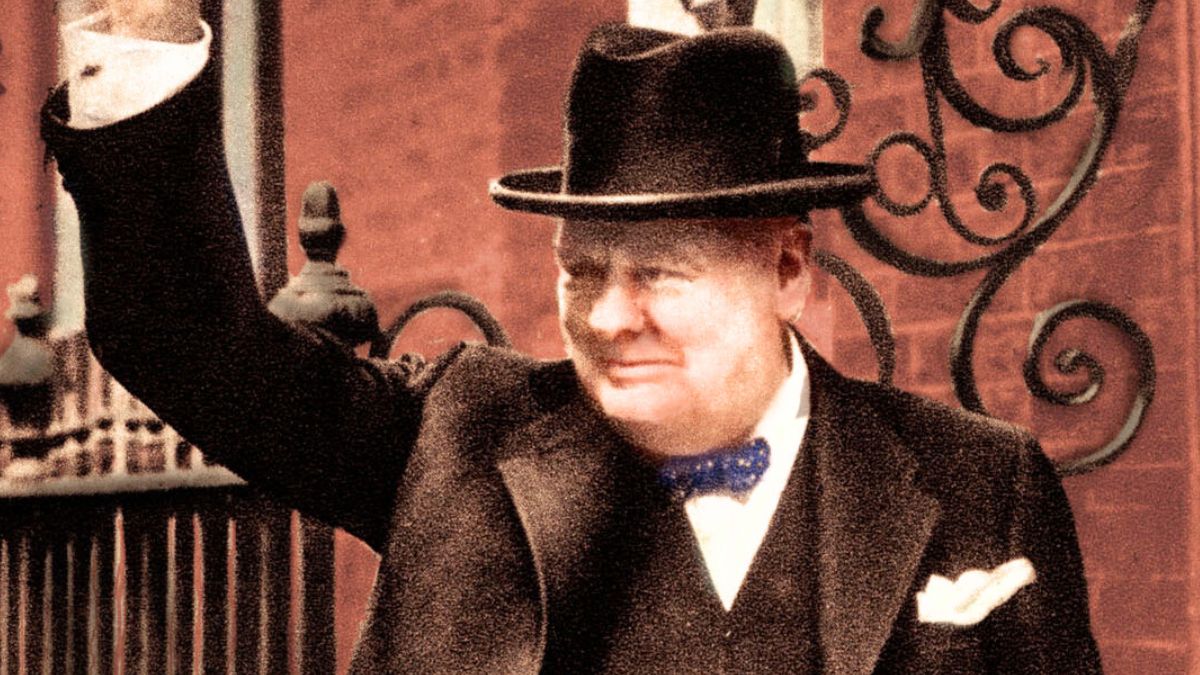

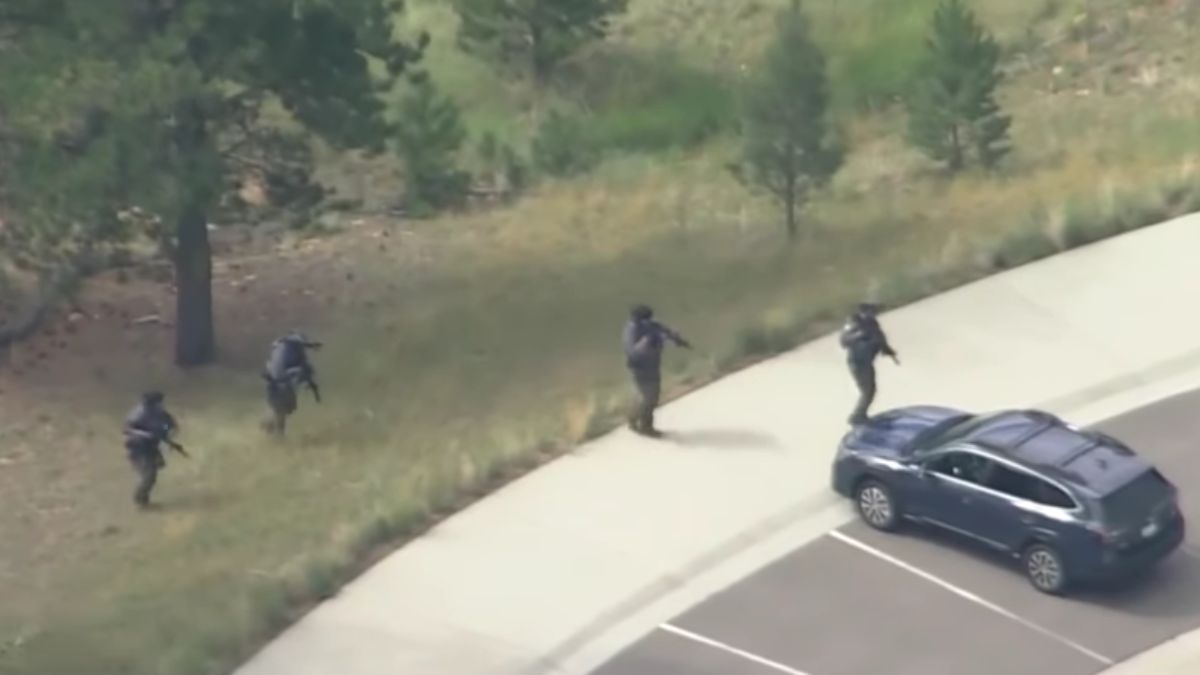
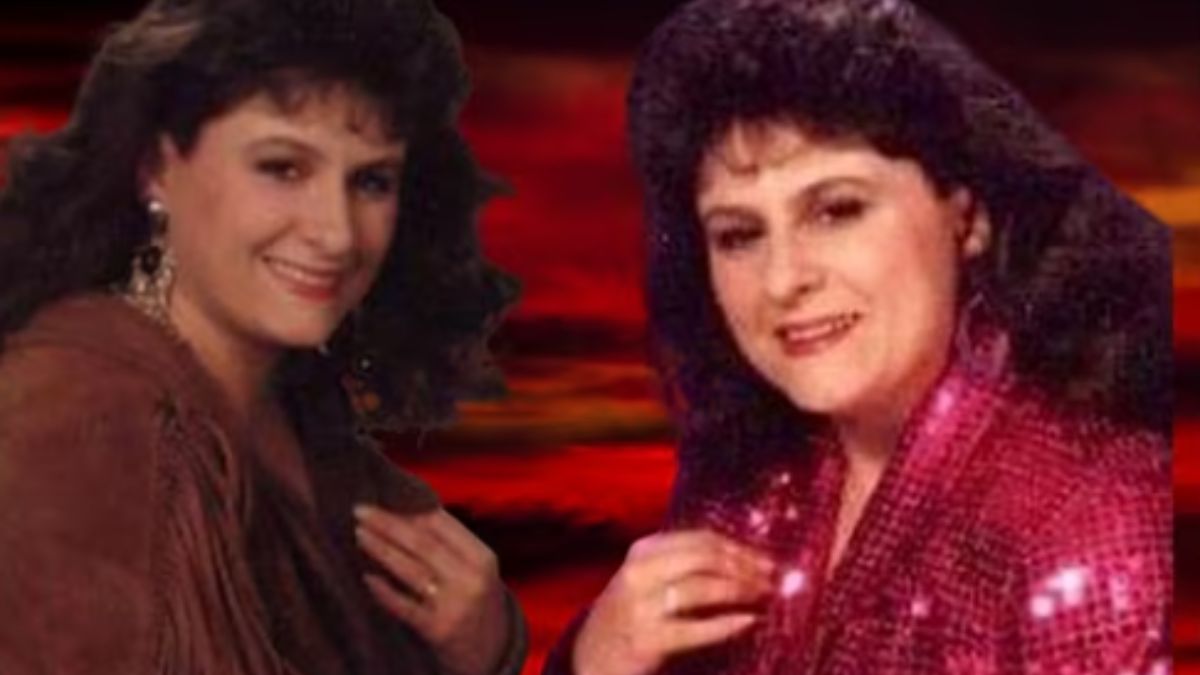


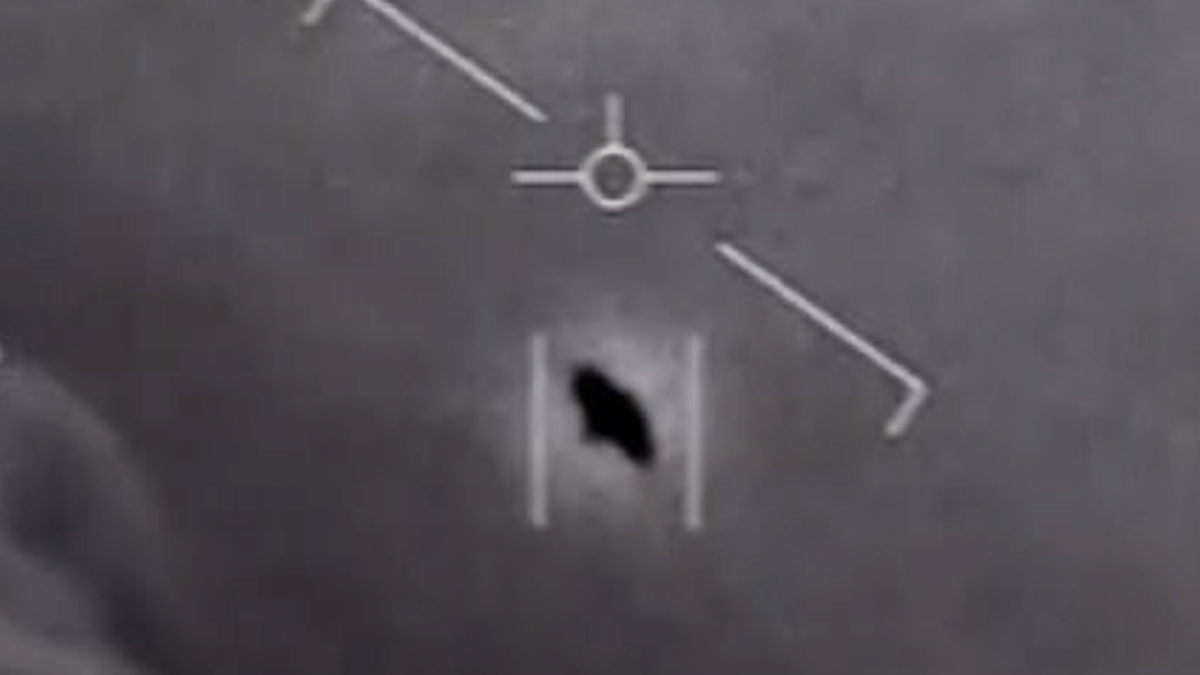
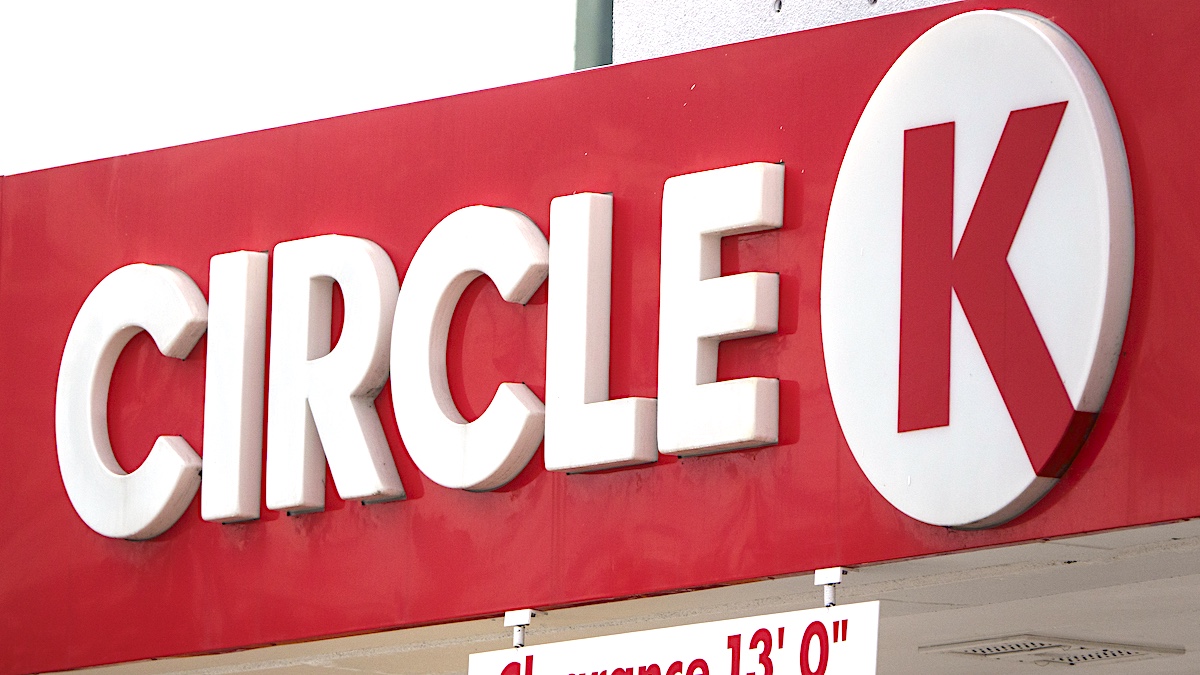
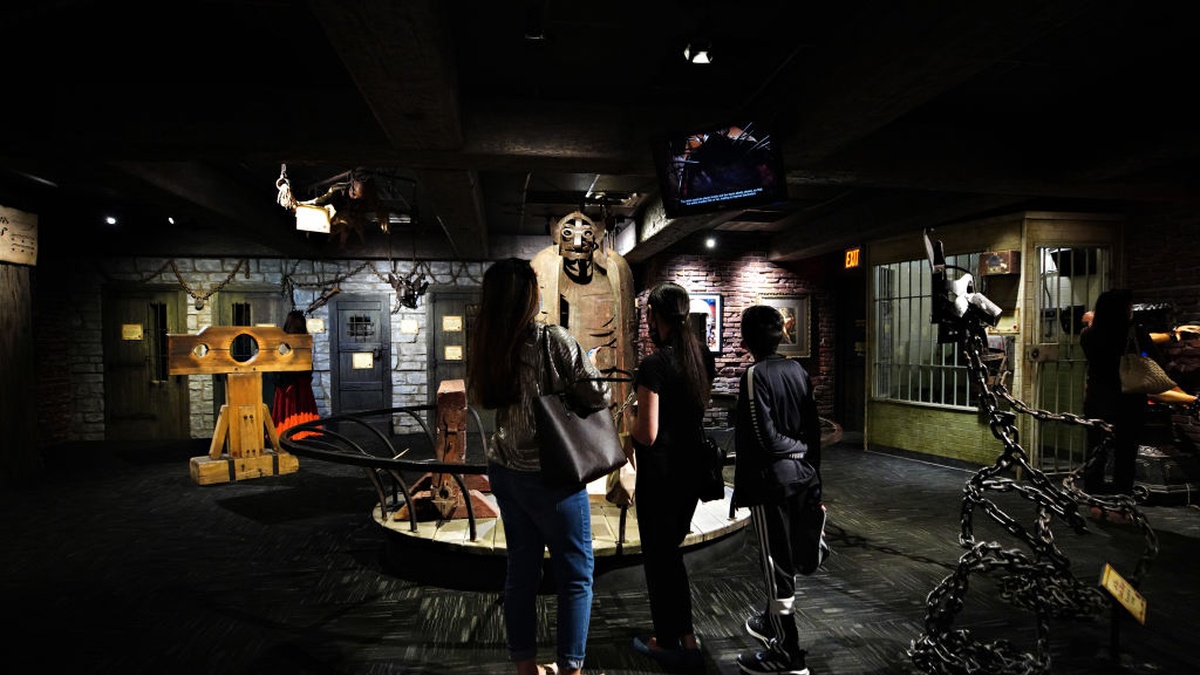

Published: Sep 5, 2024 11:21 am